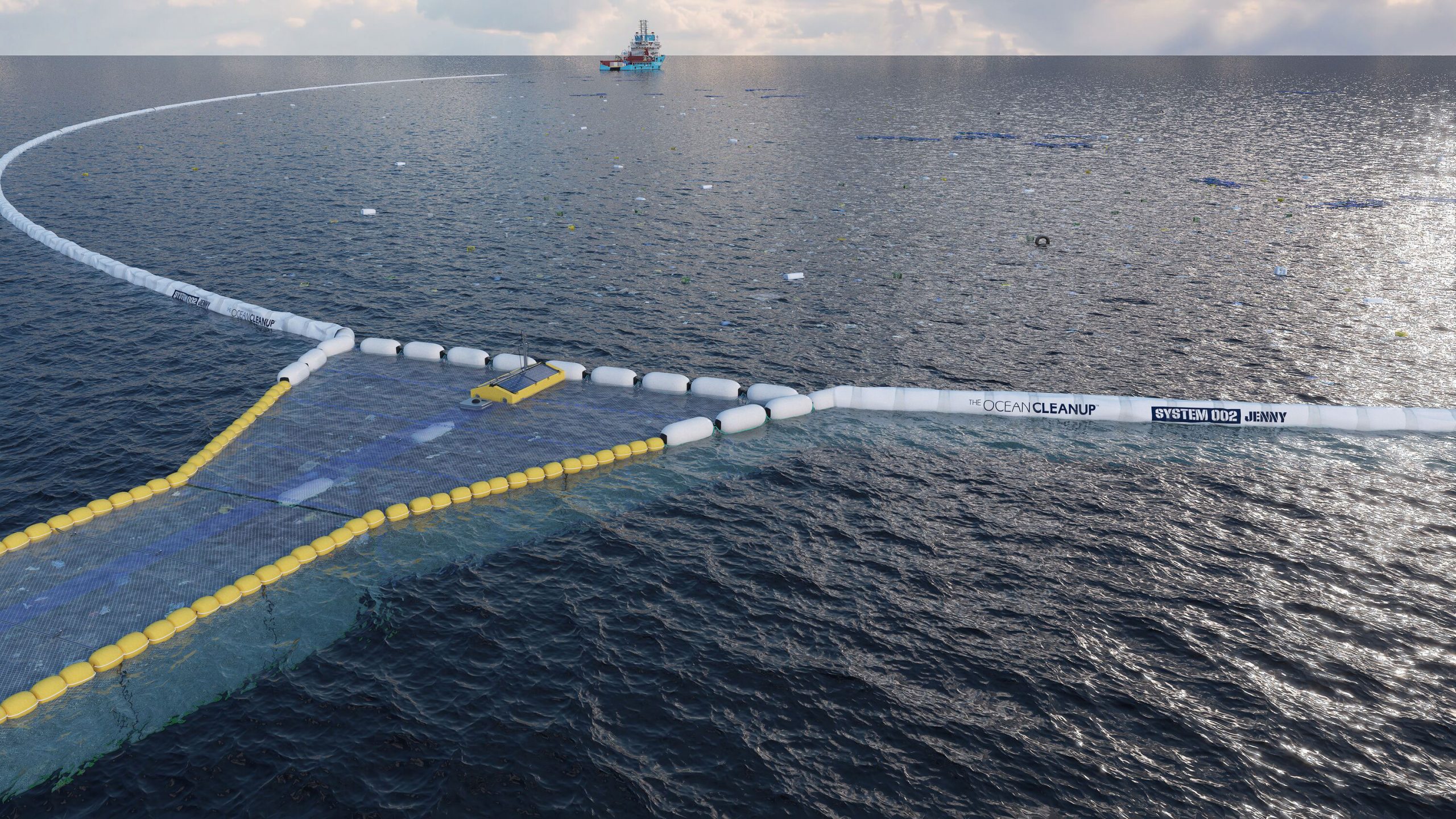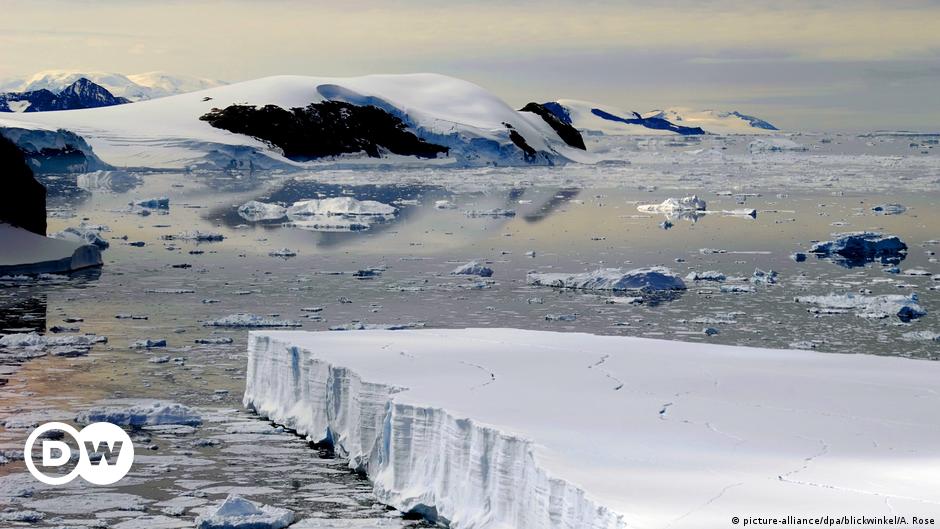Is global plastic pollution nearing an irreversible tipping point?
Current rates of plastic emissions globally may trigger effects that we will not be able to reverse, argues a new study by researchers from Sweden, Norway and Germany published on July 2nd in Science. According to the authors, plastic pollution is a global threat, and actions to drastically reduce emissions of plastic to the environment are ”the rational policy response”.
Plastic is found everywhere on the planet: from deserts and mountaintops to deep oceans and Arctic snow. As of 2016, estimates of global emissions of plastic to the world’s lakes, rivers and oceans ranged from 9 to 23 million metric tons per year, with a similar amount emitted onto land yearly. These estimates are expected to almost double by 2025 if business-as-usual scenarios apply. “Plastic is deeply engrained in our society, and it leaks out into the environment everywhere, even in countries with good waste-handling infrastructure,” says Matthew MacLeod, Professor at Stockholm University and lead author of the study. He says that emissions are trending upward even though awareness about plastic pollution among scientists and the public has increased significantly in recent years.
That discrepancy is not surprising to Mine Tekman, a PhD candidate at the Alfred Wegener Institute in Germany and co-author of the study, because plastic pollution is not just an environmental issue but also a “political and economic” one. She believes that the solutions currently on offer, such as recycling and cleanup technologies, are not sufficient, and that we must tackle the problem at its root. “The world promotes technological solutions for recycling and to remove plastic from the environment. As consumers, we believe that when we properly separate our plastic trash, all of it will magically be recycled. Technologically, recycling of plastic has many limitations, and countries that have good infrastructures have been exporting their plastic waste to countries with worse facilities. Reducing emissions requires drastic actions, like capping the production of virgin plastic to increase the value of recycled plastic, and banning export of plastic waste unless it is to a country with better recycling” says Tekman.




/https://public-media.si-cdn.com/filer/2d/f8/2df8565b-846e-47d1-b139-ce52095fb8da/37437678176_efd04bd9e4_o_web.jpg)







/cdn.vox-cdn.com/uploads/chorus_asset/file/24347781/STK095_Microsoft_03.jpg)








